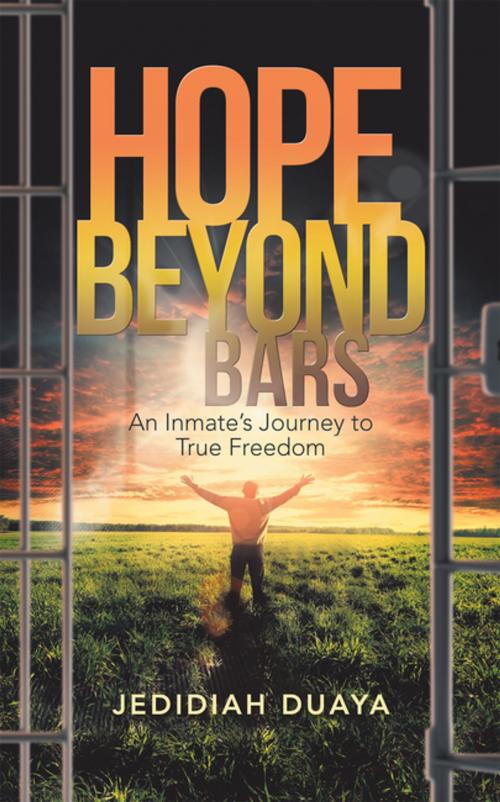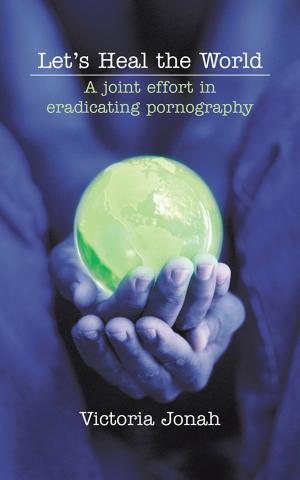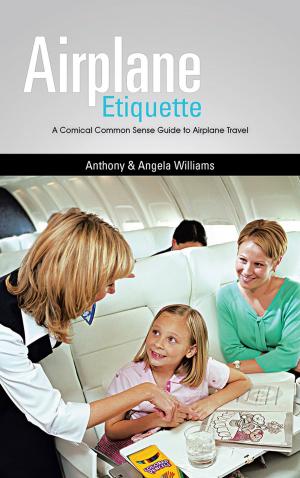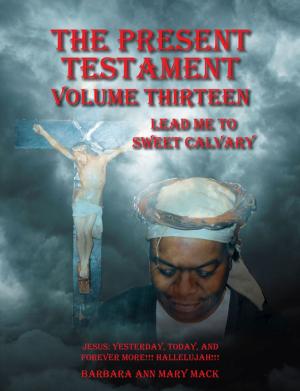Hope Beyond Bars
An Inmate’S Journey to True Freedom
Nonfiction, Religion & Spirituality, Christianity, Christian Life| Author: | Jedidiah Duaya | ISBN: | 9781546247500 |
| Publisher: | AuthorHouse | Publication: | June 23, 2018 |
| Imprint: | AuthorHouse | Language: | English |
| Author: | Jedidiah Duaya |
| ISBN: | 9781546247500 |
| Publisher: | AuthorHouse |
| Publication: | June 23, 2018 |
| Imprint: | AuthorHouse |
| Language: | English |
Being behind bars doesnt make you, as an inmate, less of a human being. Therefore, do not identify yourself with your temporary situation. But since you are behind bars, you need to take responsibility. And while taking responsibility, you need to forgive yourself and forgive those who might have done you wrong. And once you forgive, then you need to live life in jail, in prison, or under house arrest by following rules and demonstrating good behavior to help make your sentence easier and maybe shorter. And until you get free, do not waste your time in a cell doing nothing of value; instead, put your potential, abilities, and gifts to use. And lastly, mentally prepare yourself to live life beyond bars by applying every single lesson learned from the cell. The church and society need to address the issue of ex-inmates reentry as partners and complement each other in facing this issue. The society and the church need to understand that just because these individuals are behind bars, that doesnt make them any less human than everybody else. They have a right to live, a right to be forgiven, and a right to be accepted back into society. These individuals are called inmates while serving time, but once they have paitd their dues and are set free, that name changes to ex-inmates and should eventually switch to citizens. Where society falls short, the church needs to pick up the slack and serve these citizens. And where the church falls short, society needs to step in and help these citizens. We cannot afford to let these ex-inmates live in a life cycle where they go in and out of jail, prison, and house arrest. We have to prove the statistics wrong. Society can provide programs to help these citizens reintegrate much more smoothly. The church can finally become what it was intended to be and provide a safe environment in which these restored citizens will live a life worthy of being called citizens and not return to old behavior and a life back behind bars.
Being behind bars doesnt make you, as an inmate, less of a human being. Therefore, do not identify yourself with your temporary situation. But since you are behind bars, you need to take responsibility. And while taking responsibility, you need to forgive yourself and forgive those who might have done you wrong. And once you forgive, then you need to live life in jail, in prison, or under house arrest by following rules and demonstrating good behavior to help make your sentence easier and maybe shorter. And until you get free, do not waste your time in a cell doing nothing of value; instead, put your potential, abilities, and gifts to use. And lastly, mentally prepare yourself to live life beyond bars by applying every single lesson learned from the cell. The church and society need to address the issue of ex-inmates reentry as partners and complement each other in facing this issue. The society and the church need to understand that just because these individuals are behind bars, that doesnt make them any less human than everybody else. They have a right to live, a right to be forgiven, and a right to be accepted back into society. These individuals are called inmates while serving time, but once they have paitd their dues and are set free, that name changes to ex-inmates and should eventually switch to citizens. Where society falls short, the church needs to pick up the slack and serve these citizens. And where the church falls short, society needs to step in and help these citizens. We cannot afford to let these ex-inmates live in a life cycle where they go in and out of jail, prison, and house arrest. We have to prove the statistics wrong. Society can provide programs to help these citizens reintegrate much more smoothly. The church can finally become what it was intended to be and provide a safe environment in which these restored citizens will live a life worthy of being called citizens and not return to old behavior and a life back behind bars.















